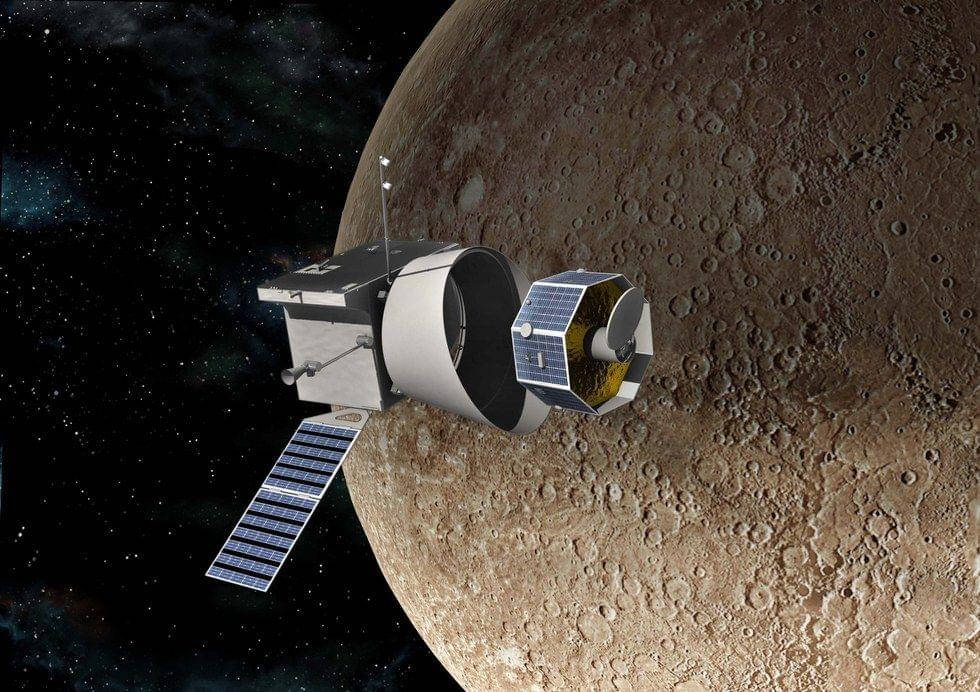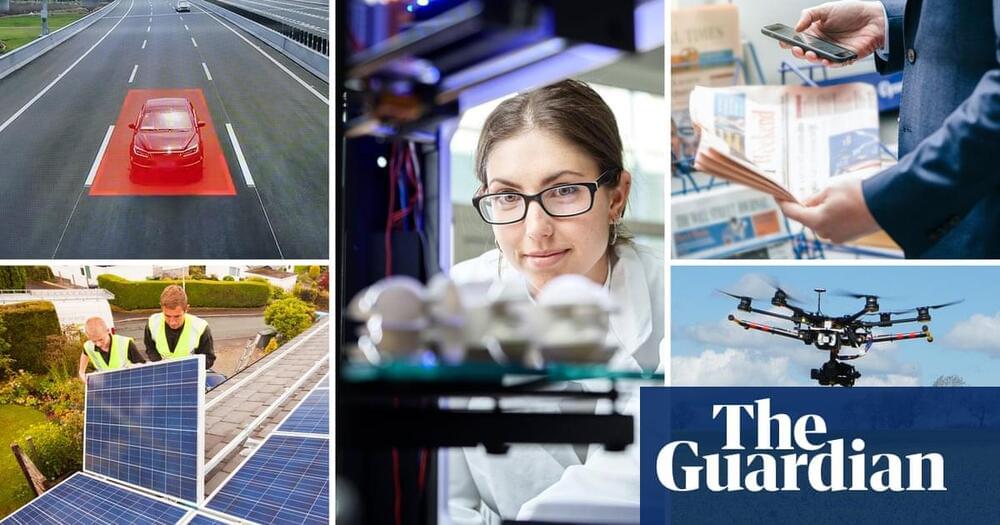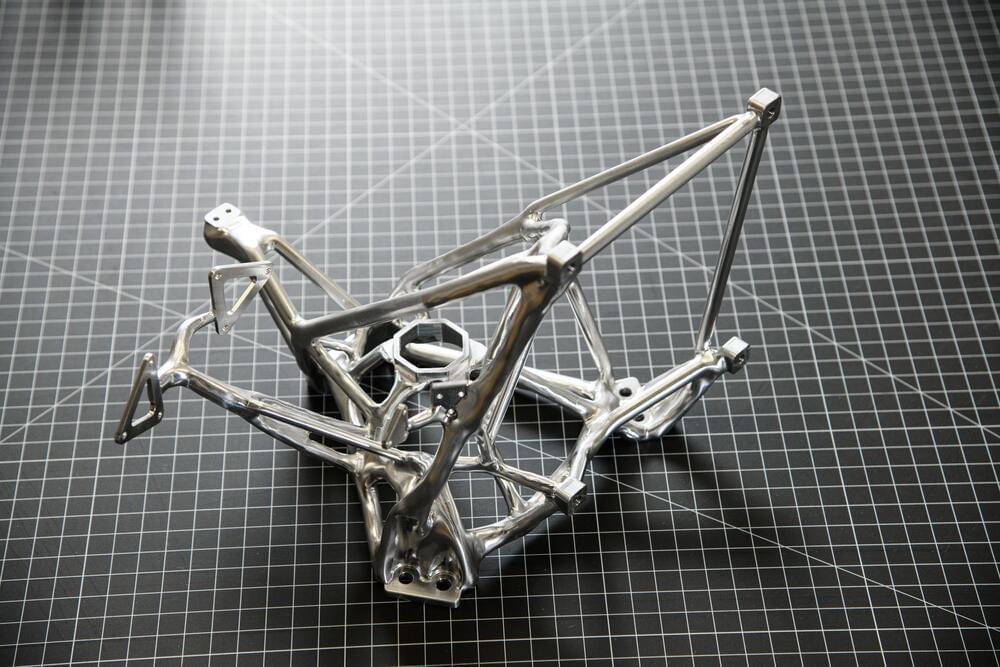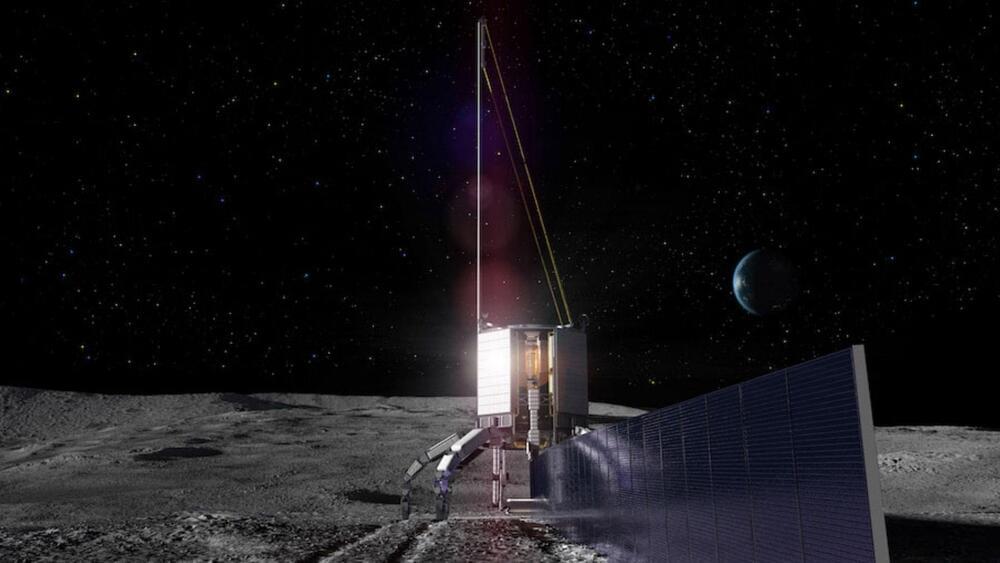BepiColombo will be only the second mission in history to orbit Mercury, the scorched rocky planet close to the sun.



The high profile race to enhance their search products has underscored the importance of artificial intelligence to Google and Microsoft – and the rest of the economy, too. Two of the world’s largest tech companies announced plans for AI-enhanced search this month, ratcheting up a tussle for supremacy in the artificial intelligence space. However, the debut of Google’s new chatbot, Bard, was scuppered when an error appeared, knocking $163bn (£137bn) off the parent company Alphabet’s share price. The stock’s plunge showed how crucial investors think AI could be to Google’s future.
However, the increasing prominence of AI has implications for every corner of the economy. From retail to transport, here’s how AI promises to usher in a wave of change across industries.
NASA’s mission has always been dedicated to promoting science, technology, aeronautics, and space exploration to improve education, economic vitality, environmental stewardship, innovation, and most importantly knowledge.
For the past week, the space agency has achieved a lot in exploring outer space and shared important insights for further research. From naming a mountain on the Moon, watching and helping from space, and gathering rock samples, here are a few stories that made it to the list:
Ion thrusters are the future. How far away are we from them becoming the norm? Visit https://brilliant.org/astrum to sample their courses in a 30-day free trial + the first 200 people will get 20% off their annual subscription.
Astrum merch now available!
Apparel: https://teespring.com/stores/astrum-space.
Metal Posters: https://displate.com/promo/astrum?art=5f04759ac338b.
SUBSCRIBE for more videos about our other planets.
Subscribe! http://goo.gl/WX4iMN
Facebook! http://goo.gl/uaOlWW
Twitter! http://goo.gl/VCfejs.
Astrum Spanish: https://bit.ly/2KmkssR
Astrum Portuguese: https://www.youtube.com/channel/UChn_-OwvV63mr1yeUGvH-BQ
Donate!
Patreon: http://goo.gl/GGA5xT
Ethereum Wallet: 0x5F8cf793962ae8Df4Cba017E7A6159a104744038
Become a Patron today and support my channel! Donate link above. I can’t do it without you. Thanks to those who have supported so far!

The concept could one day capture incredibly detailed images of distant alien worlds.
NASA is betting on nuclear propulsion technologies. The space agency’s Institute of Advanced Concepts (NIAC) awarded a grant to a company called Positron Dynamics for the development of a novel type of nuclear fission fragment rocket engine (FFRE).
The lightweight nuclear fission engine concept could outperform traditional chemical rocket engines while also allowing for long-lasting, deep space missions.
NASA says it could travel to the Solar Gravitational Lens in 15 years, allowing for incredibly detailed images of distant alien worlds.
NASA, Ryan Weed.
The space agency’s Institute of Advanced Concepts (NIAC) awarded a grant to a company called Positron Dynamics for the development of a novel type of nuclear fission fragment rocket engine (FFRE).


We don’t mean new alternatives to Cheetos, Funyuns, or some other processed snack. We’re talking about developing truly revolutionary, nutritional, and tasty foods that require minimal resources and minimal space, and still fulfill the dietary needs of space travelers or Earth-bound people suffering from famine or nutritional deficiencies.
NASA has announced 11 finalists in Phase 2 of the Deep Space Food Challenge, a competition to find unique ways to feed astronauts on extended space missions, such as voyages to Mars and beyond. The Challenge, which is co-sponsored by Methuselah Foundation, invited innovators to design, build, and test new ways to sustain astronauts during months-or years-long space missions.
“As we prepare for long-duration human spaceflight, food is essential not only for nutrition, but also familiarity and comfort on long voyages and in isolated environments,” said Jim Reuter, associate administrator for NASA’s Space Technology Mission Directorate in an agency statement. “The creativity of innovators is allowing us to tackle this important yet complex challenge in new and interesting ways.”

Amazon founder Jeff Bezos’ space firm, Blue Origin, announced it has developed a method for producing solar cells and transmission wire using only lunar regolith.
Blue Origin famously filed a legal complaint against NASA after it snubbed its lunar lander design in favor of awarding SpaceX a contract for a modified Starship lander.

WASHINGTON — SpaceX has abandoned efforts to convert two oil rigs into launch platforms for its Starship vehicle, but the company still believes that offshore launch platforms will be part of its long-term plans.
In 2020, SpaceX acquired two oil rigs, which it subsequently named Phobos and Deimos after the two moons of Mars. The company planned to convert the rigs into offshore launch platforms that would be used for its Starship vehicles.
“SpaceX is building floating, superheavy-class spaceports for Mars, moon & hypersonic travel around Earth,” tweeted SpaceX Chief Executive Elon Musk in June 2020, shortly after job postings for “offshore operations engineers” were posted on SpaceX’s website.

Whether or not Blue Origin puts a lander on the Moon, it might play a key role in sustaining lunar operations. Jeff Bezos’ spaceflight company has revealed that it can produce solar cells and transmission wire using simulated Moon regolith. The firm’s Blue Alchemist technique uses molten electrolysis to separate the lunar soil’s aluminum, iron and silicon from bound oxygen to extract key materials. The process can build solar cells, cover glass and aluminum wire using only sunlight and the reactor’s silicon.
This approach would not only save explorers the trouble of importing material, but would be kinder to both the Moon and Earth. There are no carbon-based emissions, no chemicals and no need for water. The resulting solar cells can operate on the Moon for over a decade despite a “harsh” environment, Blue Origin claims.
As Ars Technica explains, Blue Origin is pitching this as a solution for NASA’s Artemis program and missions to Mars. The space agency could establish bases or other long-term installations while minimizing the environmental impact. While the concept of using regolith to build outposts isn’t new, earlier efforts have largely focused on habitats rather than the power supplying those off-world facilities.